Discover the ins and outs of the team coaching process
How does it work in practice?
Before you engage the services of a team coach I understand many clients want to know what the team coaching process looks like in practical terms. This may differ from coach to coach but here are some insights I have put together from my years of interacting with different teams in diverse settings.
Perhaps it’s worth stating what team coaching is not. It’s not team building, it’s not facilitation and it’s not a quick fix. Team coaching goes much deeper than that and, to be honest, sometimes it’s not the right answer. Team coaching is an investment in terms of time and money and as a coach, I want to be comfortable that this is the right tool for the team. I also need to be confident that they are in a place where they and the organisation can, get the most out of the experience.
So there is some work to do upfront before the team coaching process can begin. The coach needs to have a clear understanding of why the company wants them to work with a particular team, whether this is due to restructuring or a deficit of some description. It’s also important to understand the team’s appetite for change and whether we’re going to get the commitment from everyone to the process - creating space in busy diaries, having an open mind and being prepared to work collectively. I like to liaise with the team leader up front along with any sponsors within the organisation, to establish their motivation and assess the readiness for team coaching.
We might also undertake some diagnostic work with the team, using a tailored survey process or one to one conversations with team members. This not only helps us to understand readiness for coaching but also starts to get team members to reflect on what’s going on - what’s working and what’s not.
The team coaching process
The programme tends to comprise of sessions with a team that are at least a couple of hours long. Generally, these need to happen every 2 - 3 weeks to be most effective. So, they're fairly regular and it's quite an intense programme. The content of the programme itself is co-created with the team during the initial sessions and is designed around the team’s specific needs. The team coach (or team coaches) will encourage the team to reflect on the ways in which it works.
The first sessions are not only about introducing the team to team coaching but also getting them to commit to co-creating. It's important to develop a level of psychological safety upfront, so I ensure that is present within the team before we delve too far. We also need to examine how the team are going to work together, how they will interact with the coach and we tackle any misgivings that anybody has about the programme or the organisation’s motives for facilitating it.
Then we meet regularly to address particular things in a coaching environment. These might be internally focussed - ways in which team members work together, better clarity on roles and responsibilities, improvement to processes. But the focus might also be external. For example, they may be great as a team, but may not be able to connect very well outside the team with other stakeholders. In this case we might have some sessions focused on stakeholder mapping, and we might even work with the team to go out and talk to the stakeholders, get feedback from them and turn that into action points.
So there are lots of different things that we can do. But I think it's important for organisations to realise the commitment that's needed from the team over that period, and the coaching process will probably take about three to six months.
How will the organisation benefit?
Throughout the coaching process, it’s important to not only focus on the team’s objectives but also on the value that that team provides to all of its stakeholders - the rest of the organisation, leadership, suppliers, internal and external customers, shareholders and the wider community to name just a few!
A team may have pre-determined key performance indicators (KPIs) that they want to work on or we will work together to establish a baseline in terms of the things that the process needs to achieve so that we can measure the outputs against that. Through a successful team coaching programme, ultimately, the performance of the team will have improved. That might be in terms of key metrics or it may be in terms of more qualitative measures such as the perception of the team from others, stronger relationships with customers or better connections with other parts of the organisation.
We also typically expect there to be increased trust and better morale in the team, greater retention rates and lower absences, in terms of sickness or stress. Or, if you take an executive leadership team for example, it may well be that their key objective is around changing their organisational culture or improving staff engagement. It’s rarely only financially driven. Increased trust and accountability are hard to measure but are crucial to fixing a low performing team! Overall, the purpose of the team coaching process is to improve team performance and effectiveness.
Sarah
Sirise Coaching specialise in the team coaching process. Please email me at sarah.parr@sirise.co.uk to discuss your particular coaching needs.


